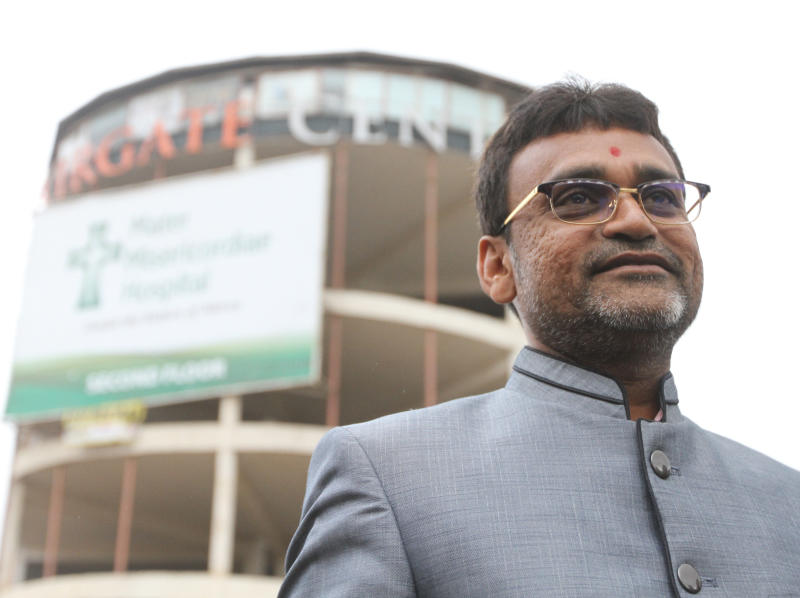×
The Standard e-Paper
Home To Bold Columnists

He has done everything in his power to save his building from the inevitable. And for five years he managed to keep the dreaded demolition squad at bay.
But on Thursday, Rameshchandra Gorasia, the owner of Airgate Centre - formerly Taj Mall - broke down as reality of the impending demolition sunk in. For the first time in public, he invoked God’s name in his defence.